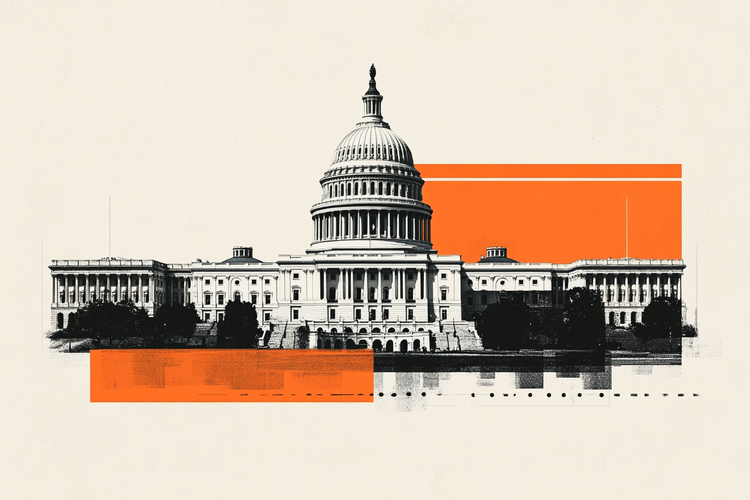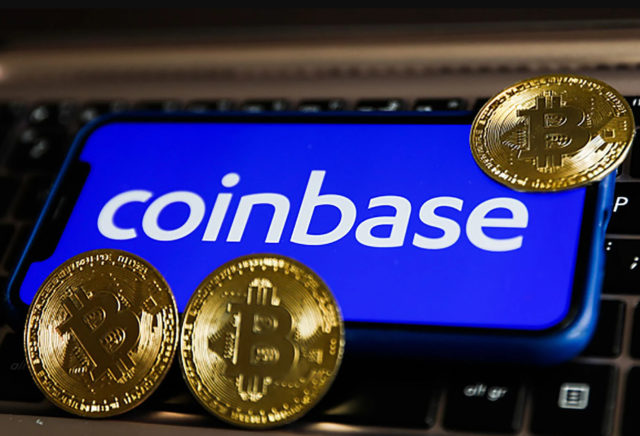Discussions about the pricing policy practiced by Petrobras have taken place in recent months in several sectors of the economy in the face of the rise in fuel prices.
In December, President Jair Bolsonaro (PL) said that the state-owned company would start lowering fuel prices later that month. At the time, Petrobras did not comment.
In February, in an online event, the president of Petrobras, Joaquim Silva e Luna, stated that the state company cannot “hold prices”.
In February, Russia’s war in Ukraine put pressure on the global economy and caused the price of a barrel of oil to explode. On March 10, Petrobras announced the transfer of part of the bill to the consumer, who woke up the next day with readjusted prices for gasoline and diesel – the latter, almost 25% more expensive.
On Friday (11), Bolsonaro sanctioned, in full, the Complementary Law Project (PLP) No. .
Given the importance of the topic, the CNN made a survey on what the pre-candidates for the presidency responded about the price policy adopted by Petrobras so far.
See below what the pre-candidates have said so far*:
Lula (PT)
On Twitter, former president Luiz Inácio Lula da Silva (PT) said that privatization made fuel expensive. On a videopublished on March 10, the PT says that the country is “self-sufficient and produces gasoline in reais”.
“There is no technical or political-economic reason for Petrobras to make the decision to internationalize the price of fuel, other than to meet the interests of shareholders, especially those who stay in New York,” Lula published on February 22.
Jair Bolsonaro (PL)
President Jair Bolsonaro said on Saturday (March 12) that the adoption of the fuel subsidy is “an exceptional issue” and that the decision will pass through the Minister of Economy, Paulo Guedes.
“He [Guedes] has already given an indication of this possibility if the barrel of oil explodes abroad, because if you throw all the price on the consumer, Brazil explodes inflation and explodes the economy”, said the president.
Bolsonaro also said that the directors of the state-owned company “do not have the slightest sensitivity to the population”.
“If I had delayed a day, instead of announcing a R$0.90 increase in diesel the day before, I could have announced R$0.30. I hope that whoever adopted this increase will reduce it by R$ 0.60, because it is very heavy for the truck driver”, said the president.
Sergio Moro (We can)
On social media, the pre-candidate of Podemos, Sergio Moro, pointed out on the 11th that “this increase in fuel is unacceptable”.
“The government left the dollar out of control last year and now, at the time of a war, it is paralyzed. Everything is missing: refineries, fertilizers… Isn’t anyone thinking about the country in the long term?” Publication via Twitter.
Ciro Gomes (PDT)
In a note sent to CNN, PDT’s pre-candidate, Ciro Gomes, classified Petrobras’ pricing policy as “assault” and that the rise in prices is due to the dollar exchange rate. He also stated that the state-owned company must be at the “service of Brazil and its people” and not “in the hands of investors”.
“Petrobras’ pricing policy is a real assault. It is based on the dollar exchange rate and, therefore, no one can afford to pay so much for gasoline, diesel and cooking gas anymore. I see this as a deliberate attempt to dislike Petrobras among the population and enrich its shareholders and then facilitate its privatization.
The PDT pre-candidate also said that there is reason to be unhappy.
On Twitter on March 10, Ciro commented: “Upset, rightly so, why are you going to pay more for fuel? If you were on the Petrobras board, you would only have something to celebrate”.
According to the pre-candidate, “in the meantime, all Brazilians suffer, even though they live in a country that has one of the largest oil reserves in the world, and see Petrobras concessionaires sold at bargain prices. How long are we going to put up with this nonsense?” published.
João Doria (PSDB)
The PSDB pre-candidate and governor of São Paulo, João Doria, wrote in the social networks that “intervention in Petrobras’ pricing policy is a populist and misguided measure that compromises the performance of a company that has the Brazilian people as its main shareholder.”
In the shared document, Dória suggests that “the solution to the issue of fuel prices is to separate conjunctural from structural problems […] Currently, measures are needed to reduce the impacts of the geopolitical crisis on prices”, he pointed out.
Simone Tebet (MDB)
MDB candidate Simone Tebet said on February 23 that rising oil prices increase inflation and interest rates, which directly affect workers’ wages. The MS senator also demanded from Petrobras the company’s energy transition project to solve the problems of the future.
For her, Petrobras lacks a strategic plan for investments in other sources of clean energy, such as wind and solar energy.
Felipe d’Avila (New)
Novo’s pre-candidate, Luiz Felipe d’Avila, told CNN that it is necessary to “reject political populism [nos preços] and let the market dictate what the price of goods and services will be”.
“In a serious country, governed by the market economy, the market dictates the price, it is the law of supply and demand. In a country ruled by populists, the government meddles to manipulate price,” she said.
Source: CNN Brasil
I am Sophia william, author of World Stock Market. I have a degree in journalism from the University of Missouri and I have worked as a reporter for several news websites. I have a passion for writing and informing people about the latest news and events happening in the world. I strive to be accurate and unbiased in my reporting, and I hope to provide readers with valuable information that they can use to make informed decisions.







